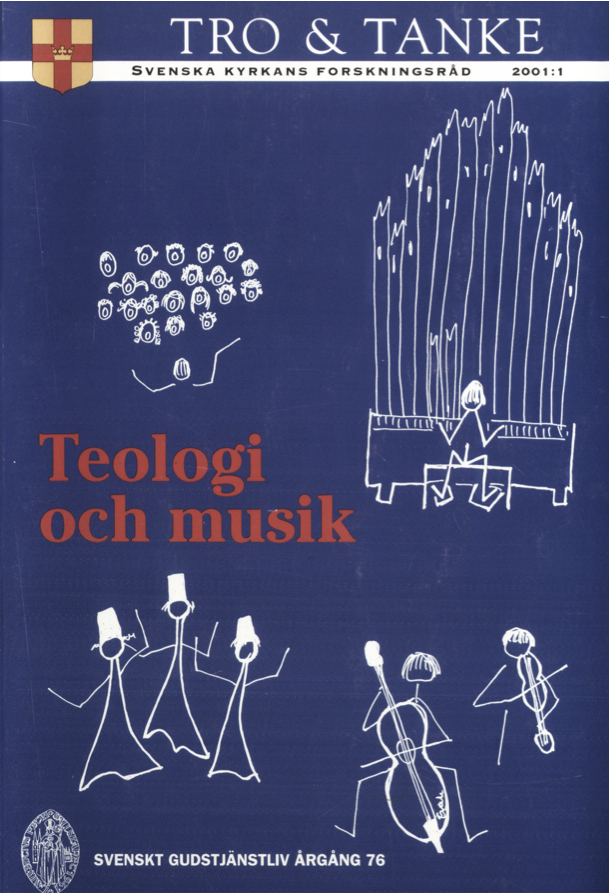Islam och musik
Abstract
The article concentrates on Islamic music from the perspective of religious studies, which means that it tries to see how music has been treated in Islamic philosophy and cosmology, in what way music has become connected with religio-medical ideas, to look into the debate on the religious legitimacy of music and musical praxis, and to give an orientation on the actual use of music in religious rituals and in contemporary Muslim spiritual life.
In traditional Islamic jurisprudence the debate has been concentrated on what kind of music should he regarded as legitimate, with a differentiation between vocal and instrumental music, or according to the content and use, and in respect to what instruments could be used, the normative source being what could be regarded as the Sunna of the Prophet.
Musical theory, in the tradition inspired by Greek philosophy and cosmological speculation, was developed in the early Muslim environment, especially by al-Farabi, and the metaphysics of that tradition has played a role in the so-called Greek-Islamic medical theory and praxis; music as a therapeutic means. A continuation of that kind of philosophical speculation on music can be found in Islamic mysticism (sufism). In the praxis of dhikr (meditation, spiritual exercise) recitation and songs, with or without instruments, are rather frequent, as well as sarna, spiritual concerts, with certain differences between various turuq (orders, brotherhoods). A huge variety of ilahis, qawwali etc.— i.e., hymns with instrumental music— is to he found in different regions of the Muslim world and has become very popular (also among non-Muslims). Much of this music, in traditional or modern versions, and in different kinds of mixed forms, is today available due to new media and techniques.
Downloads
Publicerad
Nummer
Sektion
Licens
© författarna, Laurentius Petri Sällskapet för svenskt gudstjänstliv samt Artos & Norma bokförlag. Det är tillåtet att kopiera och använda material ur Svenskt Gudstjänstliv för forskningsändamål om källan anges. För övriga ändamål kontakta respektive artikelförfattare samt förlaget. Särskilda restriktioner kan gälla för bildmaterial.


